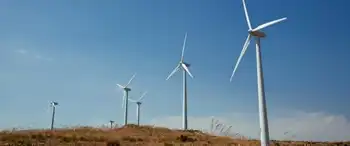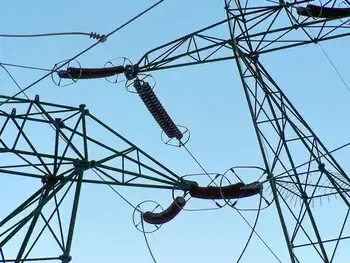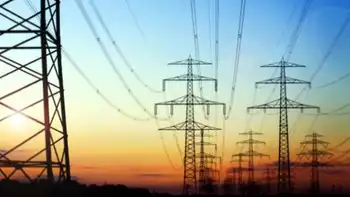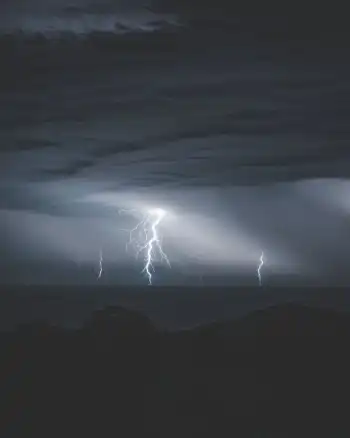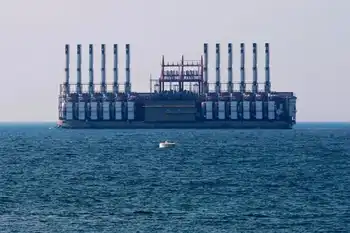Public Utility Commission officer says electric competition is here to stay
By Knight Ridder Tribune
Arc Flash Training CSA Z462 - Electrical Safety Essentials
Our customized live online or in‑person group training can be delivered to your staff at your location.

- Live Online
- 6 hours Instructor-led
- Group Training Available
Cawley, vice-chairman of the state Public Utility Commission, was one of several witnesses at a joint hearing held by two Senate committees on Gov. Ed Rendell's energy independence package. Rendell's package of bills is aimed at giving a boost to development of alternative energy sources and mitigating the expected huge price increases for electricity after rate caps end in 2009 and 2010. Some people believe the state made a mistake in embracing electric competition in 1996 and ought to go back to rate-regulated electricity. Most advocates of electric competition sincerely believed that a competitive market would reduce electric rates significantly.
Instead, the opposite occurred.
"When rate caps go off, prices are going to go up. There's no question about that," Cawley said. "Retreat is not an option. We have to make electric competition work in Pennsylvania. The federal government burned the bridges behind us.... There is really no going back." Because of a number of federal actions, Cawley said, the pieces of the old system would be nearly impossible to put back together. The PUC no longer has jurisdiction over a utility's power plants, and some utilities no longer own plants, buying all thei electricity on the wholesale market. The Federal Energy Regulatory Commission controls both generation and interstate transmission of electricity, he said.
Even if the PUC ordered utilities to build generating plants to serve their customers, those plants would take a minimum of five years to complete and would reflect current construction and equipment costs that would be built into the rates.
"It is difficult to see a way to unscramble this egg that would not result in major increases in retail costs, lengthy litigation and much economic disruption," Cawley said. "For good or ill, Pennsylvania and its neighboring states appear to be fully committed to the success of wholesale markets and market design." In other testimony, Daniel Desmond, deputy secretary of the state Department of Environmental Protection, made a strong push for a so-called system benefit charge.
That average $6 annual fee on residential electric bills - businesses would pay more - could fund the subsidies and incentives for development of alternative energy sources sought by Rendell. Senators from both parties expressed skepticism about the charge, but left open a possible avenue for compromise.
Sen. Mary Jo White, R-Venango, and Sen. Robert Tomlinson, R-Bucks, argued that some of the money raised by the charge should go to help upgrade the small, coal-fired power plants in the state. Desmond argued that most coal-fired power plants in the state that the owners plan to keep in operation are already committed to equipment and pollution-control upgrades.
"There's little more that can be done," he said.





